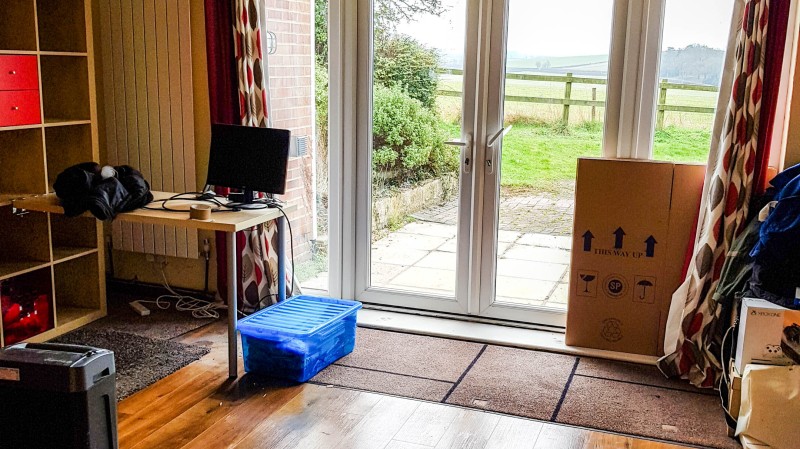You are here: How long does it take to go through probate?
When someone dies, whether they were a member of the jet set or someone of more normal means, their financial affairs must be dealt with. While the time it takes to go through probate varies, the process can take a while due to legal and tax issues that need resolving.
Probate is the legal process for reviewing the assets of a deceased person and determining inheritors. This involves:
- Organising any assets such as cash and money saved (including the pay out on a life insurance policy), property and personal possessions like a car or jewellery.
- Paying any bills or outstanding debts, for example on a credit card.
- Distributing what is left to the inheritors.
The estate of the person who has died is usually passed to surviving relatives or friends according to instructions in the will. If the person dies without leaving a will, certain legal rules called the rules of intestacy apply.
The person dealing with the estate through probate is called an executor or an administrator. An executor is named in the will. An administrator is responsible for dealing with the estate under circumstances such as if there is no will or the named executors aren’t willing to act.

How long does probate take?
Typically, the process will take between six to 12 months. This covers everything from collecting information about the estate to distributing assets to beneficiaries.
Timescales are dependent on a number of factors including the complexity and size of the estate, if any property is held overseas and whether there are any disputes to deal with - according to personal finance website The Money Pages, probate challenges are on the rise.
There are several steps in the probate process:
- Applying for a grant of probate. If you are named in someone’s will as an executor, you will have to apply for probate. If there isn’t a will, the next of kin will need to apply for a grant of letters administration.
- Probate application approval. The application must be submitted to the probate registry for approval. According to the FT, it usually takes between four and eight weeks for this, sometimes longer if the estate is particularly complex. Once your grant has been approved, you will have the authority to administer the estate.
- Dealing with the estate. This encompasses everything from selling the property, closing bank accounts and contacting pension providers to access funds, to making claims on any life insurance policies, repaying any outstanding debts and distributing funds to the beneficiaries.
If you are the main beneficiary, you could start to receive your inheritance as soon as you begin closing accounts and gathering funds together. However, if the inheritance needs to be shared between several beneficiaries, this will likely take longer.
Has COVID affected probate timelines?
Probate registries have been dealing with delays since 2019 brought about by some technical glitches with their systems as well as government plans to increase probate fees, prompting a surge in applications.
Eventually, those plans were scrapped, but then COVID struck. Registries, like many other workplaces, closed their offices and staff worked remotely, which inevitably caused delays. According to the Government’s website today, “Because of coronavirus (COVID-19), probate applications are taking up to eight weeks to process. It’s taking longer to process paper applications than online applications.”
Do you need a solicitor to go through probate?
For some, the probate process can seem overwhelming, particularly while dealing with the devastating loss of a loved one or friend. A probate lawyer can take on some of that burden for you. This will obviously cost money, usually amounting to around two percent of the value of the estate, but it can save time and unwanted stress.
Alternatively, the Government’s website provides information on completing probate yourself. You can also receive guidance by contacting the government’s probate helpline on 0300 303 0648, which is open Monday to Friday from 9.30am to 5pm.
If you need to sell a house after a loved one dies, you may find some of these services useful:
Probate
Find local help with probate
Wills
Find local will writers
Conveyancing
Get instant estimates from Conveyancers and Solicitors in your local area
Estate Agent
Find a local Estate Agent
Valuation Surveys
If you need a Valuation Survey
Building Surveys
I want a local surveyor to do a Building Survey for me
Removals
I want to find a removal company
Energy Performance Certificate
Energy Performance Certificates